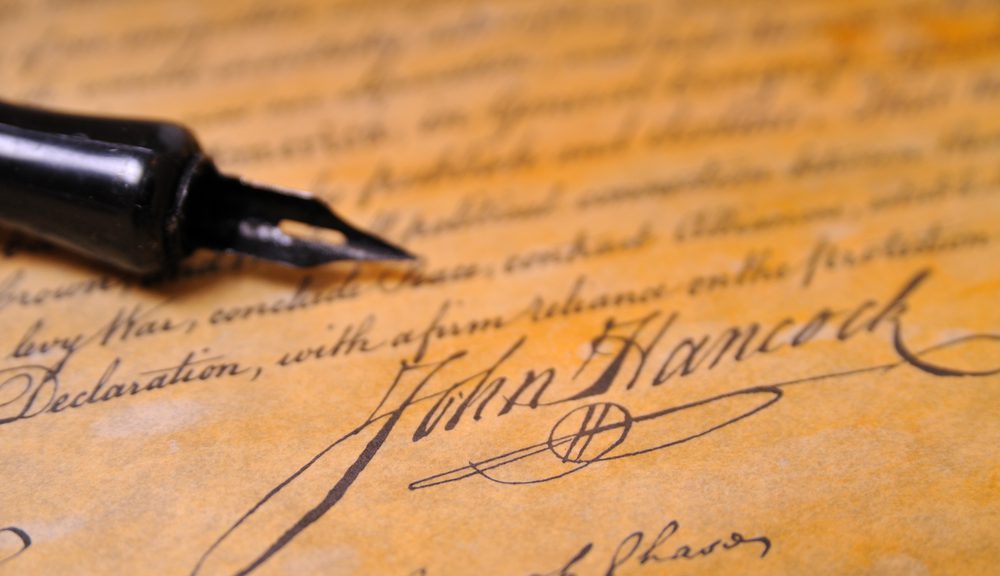
Signatures and state law: The enduring power of the pen
Even though the routine act of signing your name to authorize credit-card charges will soon become history, it is perhaps premature to consider the pen-and-paper signature doomed to obsolescence.
Across the U.S., government at all levels remains legally reliant on hand-signed names in an immense number of ways. Federally, you might be able to electronically sign a tax return for the Internal Revenue Service, but a U.S. Passport and a Social Security card each require a written signature. The rationale goes back to antiquity: a signature is considered a proof of identification that is, in the words of a Washington Law Review article, “unique like a thumbprint.”
Our Legislature has made a person’s signature a central aspect of how the government conducts official business. Dozens of entries in the Revised Code of Washington require a signature for government actions, including functions of the Secretary of State’s office.
At election time, your signature in the voter-registration file has to match the signature on your ballot envelope for the vote to count. If your signature changes (by necessity or as a personal choice), there’s a form available right here to update the voting file. Also, initiatives aiming for a spot on voters’ ballots have to hit a threshold number of collected signatures to qualify, and those signatures are checked for legitimacy.
So, even if you’ve moved past writing checks routinely and your credit-card company has stopped requiring signed receipts, the art of the “John Hancock” remains a common part of life.
For now.